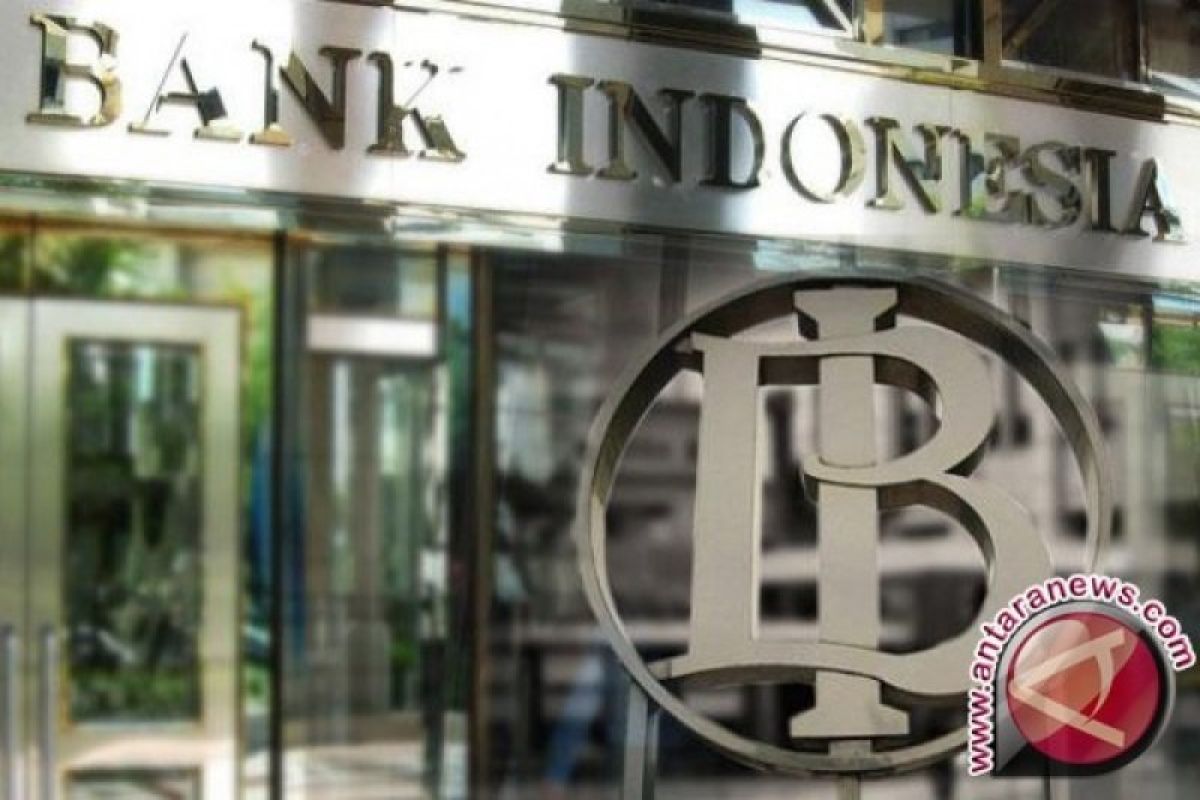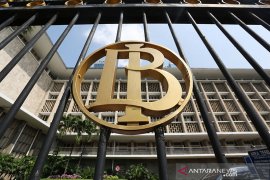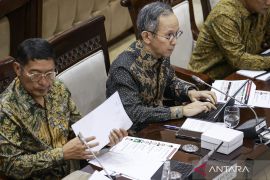Retailers reported gains affecting most commodity groups, with Food, Beverages and Tobacco recording a positive growth in line with the migration to the new normal era that has stimulated public activity, Executive Director of the Bank Indonesia (BI) Communication Department Onny Widjanarko noted in a statement, Jakarta, Friday.
Retailers expected sales improvements to continue in September 2020, primarily supported by positive growth in the Food, Beverages and Tobacco industries, projecting an increase in RSI to -7.3 percent yoy, from -9.2 percent yoy in August 2020.
Furthermore, respondents anticipated stronger retail sales performance in the Food, Beverages, and Tobacco sectors along with improving sales of automotive fuel and other goods, including clothing as well as spare parts and accessories.
In terms of prices, retailers forecast milder inflationary pressures in the next three months (November 2020) owing to unhindered distribution before accumulating in the next six months (February 2021) during the national festive period, as confirmed by a decrease in the three-month Price Expectations Index (PEI) to a level of 132.5, from 133.7 a month earlier and an increase in the six-month PEI to 166.9, from 157.7.
Meanwhile, broad money (M2) growth accelerated in August 2020 on the back of M1 and quasi-money.
Totaling Rp6,726.1 trillion, M2 growth increased to 13.3 percent yoy in August 2020 after improving to 10.5 percent yoy in July 2020.
M1 growth expanded, from 13.1 percent yoy in July 2020 to 19.3 percent yoy during the reporting period on the back of rupiah demand deposits.
In addition, quasi-money growth ticked upwards, from 9.7 percent yoy in July 2020 to 11.5 percent yoy in the reporting period. Nevertheless, securities apart from shares slipped into negative growth, from 4.9 percent yoy in July 2020 to -18.7 percent yoy in August 2020.
Based on the affecting factors, the main driver of faster M2 growth in August 2020 was the government’s fiscal expansion, as reflected by a surge in net claims on the central government, from 40.8 percent yoy in July 2020 to 65.1 percent yoy in August 2020.
Meanwhile, Net Foreign Assets (NFA) experienced slower 13.8-percent yoy growth in August 2020, from 17.6 percent yoy in July 2020.
In addition, the banking industry reported weaker growth of outstanding loans in the reporting period at 0.6 percent yoy, down from one percent yoy in July 2020. Related news: Improvement in retail sales in July despite contractionary phase: BI
Related news: BI survey indicates dip in May 2020 retail sales
Reporter: Azis Kurmala
Editor: Suharto
Copyright © ANTARA 2020












